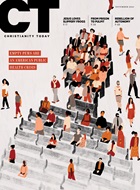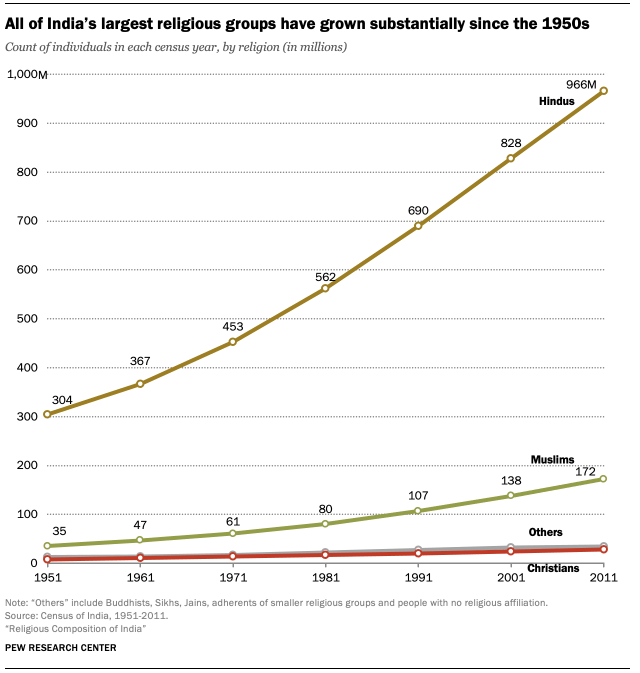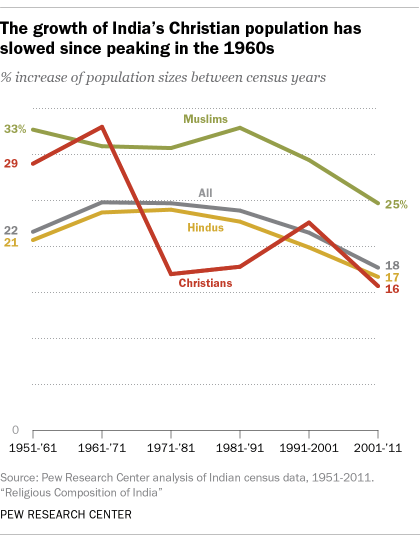Pope Francis has shown understanding many moderate Muslims lack a voice and are in fact the first victims of extremists

Despite much of the popular alarmist talk, Islam is arguably in a deeper crisis than the Christian world, and this is the problem.
Islam has little or no structured unified organization independent from a single state, unlike the Christian world, where the Catholic church is the largest unitary religion, and there are vastly organized Orthodox and Episcopalian churches.
There is no longer a caliph and a publicly recognized caliphate able to muster the faithful of the world.https://d3f71db5a4a064e2a6e289b5f9409def.safeframe.googlesyndication.com/safeframe/1-0-38/html/container.html?n=0
There is no Islamic superpower. There are many countries where Islam is important – Indonesia, Pakistan, Saudi Arabia, Turkey, Egypt, Algeria, Morocco – but they cannot band together. They have very different agendas that have little to do with their religious beliefs.
None can rise to the rank of superpower, challenging the United States, China, Russia, the European Union or even Japan or India.
Unlike in the first Cold War, there is no superpower supporting the Islamic world per se, fighting Israel, portrayed as a puppet of the United States.
There is no longer a strategic asset like oil, which since the 1970s gave the Islamic world clout and influence through blackmail on prices and inflation. Oil is no longer a rare commodity. Gas and oil are plentiful, and new shale technology is revolutionizing the market, taking away the hedge these Islamic countries had in the past.
They do not even have blackmail through the export of terrorism. In the past three decades, some rich Islamic countries paid off radical extremists to wage war on infidels in foreign countries. This policy exported abroad an internal threat and at the same time lent legitimacy to the existing authoritarian regimes.













